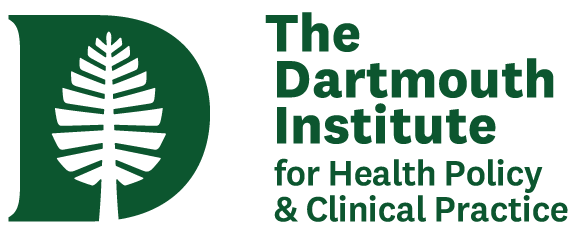Year at a Glance
- The academic year is divided into four terms
- The first half of the year is weighted towards core requirements with an emphasis on key topic areas across health policy and determinants of health
- The second half of the year is weighted toward elective options in quality improvement, health services research, and health policy
- Students need to complete a minimum of 12 units to graduate; core courses are required, and students can choose from several elective options to complete their degree
- Both the Applied Practice Experience (APE) and the Integrative Learning Experience (ILE) can be done independently or within designated courses
- Students take classes full time, with approximately 55 hours per week combined course work and class-time
Academic Calendar
To see the days and times that courses are offered by term for the Master of Public Health Accelerated On-Campus program:
view the full 2023-2024 academic calendar
view the full 2024-2025 academic calendar
IN THE NEWS
EXPLORE CURRENT STUDENT STORIES:
DISCOVER THE LATEST FROM DARTMOUTH
TALK TO OUR ADMISSIONS TEAM
Courtney Theroux
DIRECTOR OF ADMISSIONS & OPERATIONS
Amanda Williams
ASSOCIATE DIRECTOR, ADMISSIONS AND RECRUITMENT
Mia Pennekamp
ADMISSIONS MANAGER
Jordan Andrews
ADMISSIONS OPERATIONS COORDINATOR
Geisel.MPH.MS.Admissions@Dartmouth.edu(603) 646-5834
Close
roland.l.b.lamb@dartmouth.edu
Roland Lamb, MPH
Residential MPH/MS Program Director, The Dartmouth Instituteroland.l.b.lamb@dartmouth.edu

